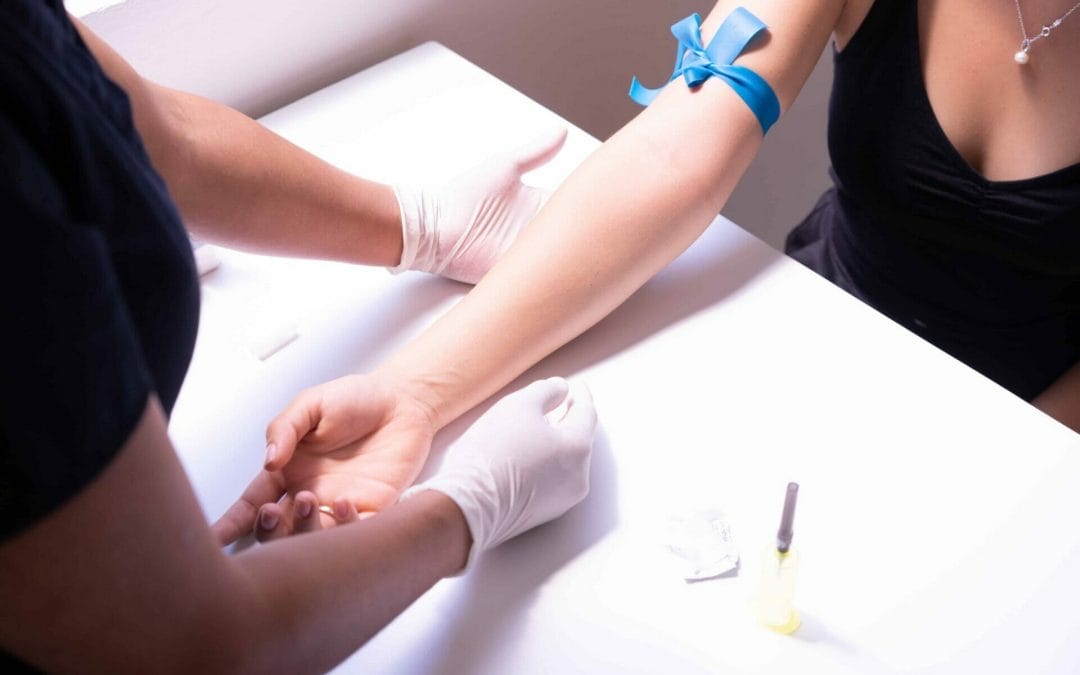Variation in thyroid hormone level is an important cause for infertility. This condition (Hypothyroidism) is mainly seen in women. There lies a high risk for this condition and it should be noted that a pregnant woman should take a special care during her 1st trimester of the pregnancy. Due to hypothyroidism during the pregnancy period, there are chances for pre-term labor, having a low weight baby, bleeding during pregnancy, etc.
How To Detect Hypothyroidisma
It is not easy to diagnose hypothyroidism because it’s symptoms are similar to what we find during pregnancy period. Testing your blood is the only way to detect hypothyroidism. Hypothyroidic patients tend to get more fatigued during pregnancy.
Women who are more prone to be hypothyroidic during pregnancy are have one or more of the following characteristics:
- Hereditary hypothyroidism
- High blood pressure
- Swelling in thyroid gland
- A person with any complications during the pregnancy period
If hypothyroidism is diagnosed before pregnancy, the person should take medicines for at least 6 months and bring the hormone level to normal and then get pregnant. The person should not cease taking the medicines with out their doctor’s instructions even if they want to which is often the tendancy. It is important to bear in mind that this hormone is essential for the growth and development of the fetus, as well as for normal pregnancy and labor.
Any depreciation from the normal level of the hormone in mother’s blood can lead to a state of mental retardation and retarded growth of the fetus. Hence, such women should continue to take medications, in order to have a sound and a healthy baby.
However, you should not stop medication, even if your hormonal level becomes normal, unless until you make sure that your baby is perfect by doing his/ her blood test.
To Do
- Perform blood test and take medications as per doctor’s instructions
- Do not discontinue taking medications on your own
- Consult both a gynecologist and an endocrinologist
- Eat iodine rich food such as green leafy vegetables and fish

